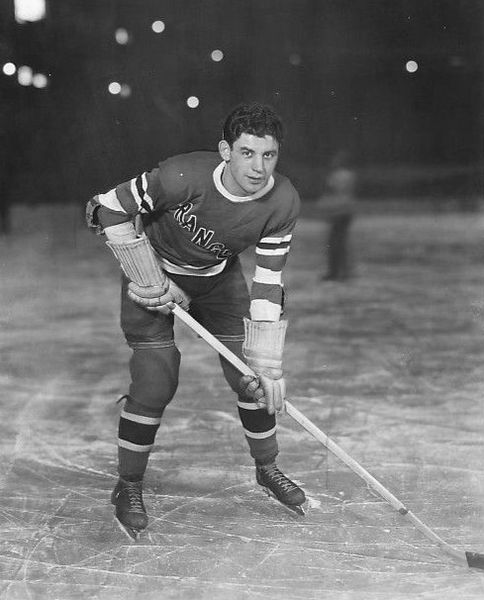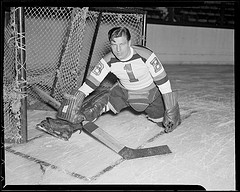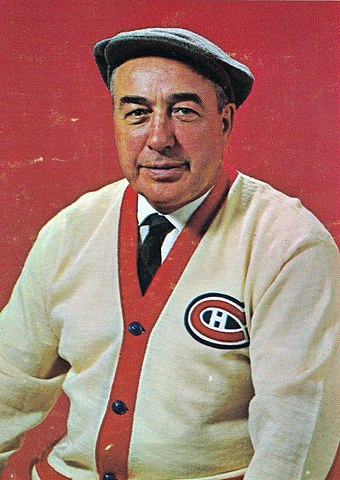Every NHL fan knows there are some NHL players who shouldn’t be in the Hockey Hall of Fame. Over the years, some Hall of Famers have been announced and fans have been, like, “What?” incredulous that the player could be inducted, especially ahead of their favourite.
On the other hand, there are players who fans clamour for their induction and they never seem to make it.
We’ll get to the egregious oversights in another list. In this list we count down the absolute worst skaters. (We’ll do a separate list of goalies.)
Continue reading “The Worst 25 Skaters in the Hockey Hall of Fame”






